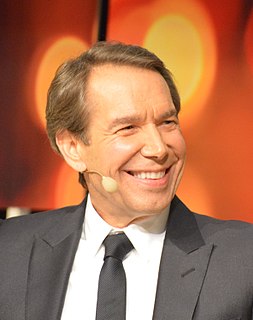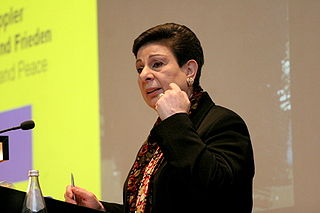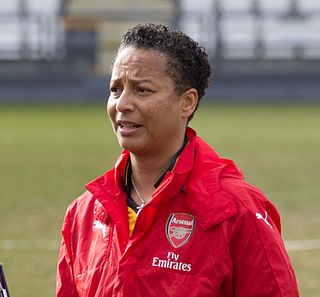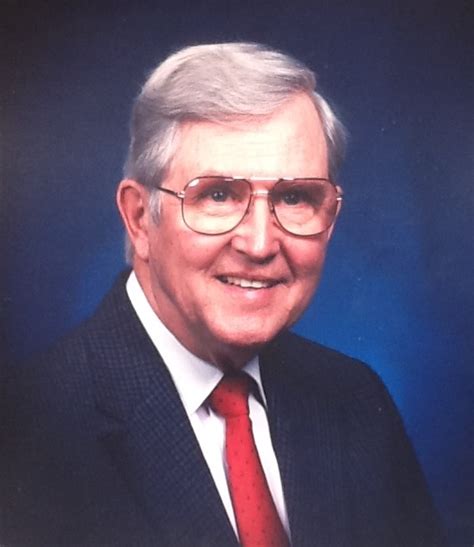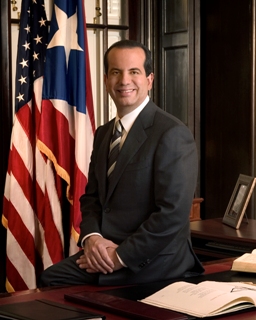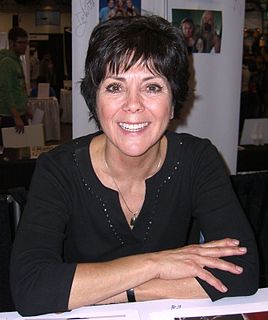A Quote by Romesh Gunesekera
The nationalist movement supported Sinhala by suppressing Tamil; there were competing nationalisms. It was a fundamental mistake to make parallel streams in education - or a calculated political gamble. Politicians were playing with it.
Related Quotes
For decades, since the mid-twentieth century, the nationalist movement, and Fatah in particular, has dominated the political scene. Palestinian politics were primarily nationalistic, secular. Now, suddenly we are seeing the election of a religious party with extreme political ideologies and with a social agenda that seems inconsistent with the cultural heritage of the Palestinian people.
The Chinese public is deeply nationalist, which matters to China's unelected political leadership as much as U.S. nationalism does to American politicians. As China becomes the world's largest economy, there is meaningful public pressure for its power status to advance in parallel. Any alternative would be humiliating.
I was obsessed with the idea of sitting next to someone and playing a game that we were both competing in, and we were also competing with the computer. That was mind-blowing to me at that time. It was just so cool to think about the computer being able to play with us, and then also [for] us to compete.
I'm an economic nationalist. I am an 'America first' guy. And I have admired nationalist movements throughout the world, have said repeatedly strong nations make great neighbors. I've also said repeatedly that the ethno-nationalist movement, prominent in Europe, will change over time. I've never been a supporter of ethno-nationalism.
Incrementalism: In the first generation, the goal of the movement was wholesale social and cultural transformation. Small, incremental victories were too little given the magnitude of America's moral decay. Since 1988, the new leaders have recognized that incrementalism is the surest path to success in political competition. The current movement is committed to securing small victories now, postponing for the long-term more fundamental changes in society and politics.
In trying to address the systemic problem of racial injustice, we would do well to look at abolitionism, because here is a movement of radicals who did manage to effect political change. Despite things that radical movements always face, differences and divisions, they were able to actually galvanize the movement and translate it into a political agenda.
Even when we were under the Spanish flag, we had a movement that just wanted assimilation into Spain, a movement of autonomy - which has been the majority always - and a movement for separation. In that sense, Puerto Rico's political reality is very different from any place I know in the whole world.
I wanted to write about the time when science became modern, around the 1950s. Right after physicist J. Robert Oppenheimer, science started being so politicized and used as such a political weapon. When my father, who is a scientist, tells me about those years, I get a competing portrait of people who were expected to behave normally and be decent respectable members of society and who were also allowed this freedom to think in big and expansive ways. Now, when you think about people who work in labs, they're allowed to be socially inept in a very fundamental way.


